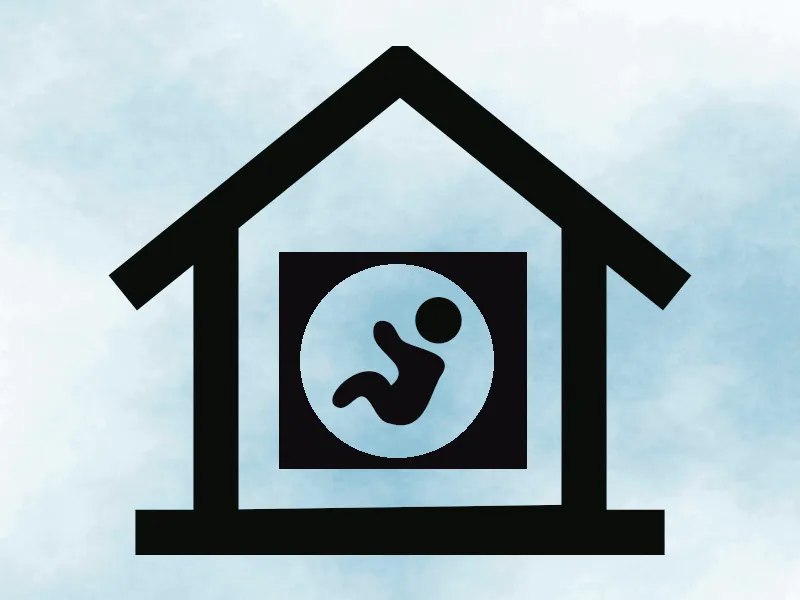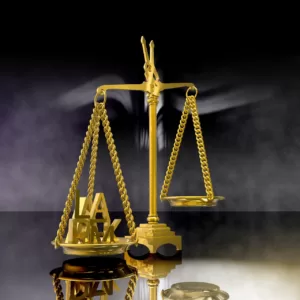Section 13 Transfer for benefit of unborn person
The general rule is under the Transfer of Property Act, 1882 is that property can only be transferred from one living person to another living person. Because when the property is transferred then all interest of the property transferred along with it to the transferee.
So, if the property is transfer to the unborn person, it would lead to the situation where the interest would be in abeyance till the transferee come into existence, this is against the very concept of interest. But Section 13 is the exception to this general rule, which envisaged that property can be transferred for the benefit of the unborn child.
According to Section 13
Where, on a transfer of Property, an interested therein is created for the benefit of a person not in existence at the date of transfer subject to a prior interest created by the same transfer, the interest created for the benefit of such persons shall not take effect, unless it extends to the whole of the remaining of interest of the transferor in the property.
Illustration : A transfers property of which he is the owner to B in trust for A and his intended wife successively for their lives, and, after the death of the survivor, for the eldest son of the intended marriage for life, and after his death for A’s second son. The interest so created for the benefit of the eldest son does not take effect, because it does not extend to the whole of A’s remaining interest in the property.
Transfer to an Unborn Person
The Unborn Person is the one, who is not in existence, may be born in future but does not have a current legal existence.
- Status of an Unborn child – There is no law to prevent a man from hold the property before he is born. Child in his mother’s Womb is considered as already born for many purpose in accordance with a legal maxim “nasciturus pro jam nato habetur”
Section 13 of transfer of Property Act
- If anyone wants to transfer property to Unborn person, in that case property cannot be directly transfer to that Unborn person.
- Prior interest must be created, that property will be with that person until the child is Unborn.
- Their must be a transfer of an absolute interest in favor of the unborn person.
Essential conditions
- Property cannot be transferred to the Unborn child, so a prior interest must be created in favor of a living person.
- Absolute interest must be transferred in favor of Unborn child.
Prior interest –
In this, the property is being kept with a person between the death of transfer and
the date when the Unborn person comes into existence.
- According to the general rule, enshrined under Section 5, the property cannot be directly transferred to the unborn person.
- Therefore a prior interest is created in favor of a living person so that a valid transfer of property to an unborn person can be carried out.
- The unborn person must come into existence before the prior interest comes to an end.
- Once the life interest holder dies, the absolute interest of the property would vest in the unborn person, who by that time have come into existence.
- The life interest can be transferred to more than one living person but ultimately the absolute interest will vest in the unborn person.
- For example, X transfer his property to A for life, then to B for life, then to C for life, and after the death of C to C’s son Y. This transfer of property is valid under Section 13 of Transfer of Property Act
Absolute interest –
The entire properties should be transferred to the unborn person. The transfer of
Property should be done wholly in the name of an Unborn person and no further
transfer to any other person.
Illustration
“A” owns a property. He transfers it to “B” in trust for him and his intended wife successively for their lives. After the death of the survivor, it is to be transferred to the eldest son of the intended marriage for his life, and after his death, it is to be transferred to A’s second son. The interest so created for the benefit of the eldest son does not take effect because it does not extend to the whole of A’s remaining interest in the property.
Example
- A transfer property to X for life who is unmarried and then to his eldest child absolutely. The transfer in favor of eldest child is valid.
- A transfer his property to X for life and their after to Unborn for life, X is living at the date of transfer, Unborn is not in the existence here the transfer in favour of X is valid.
- But life interest in favor of Unborn is void because although transfer to an Unborn is preceded by life interest but Unborn himself has not been given an absolute interest.



